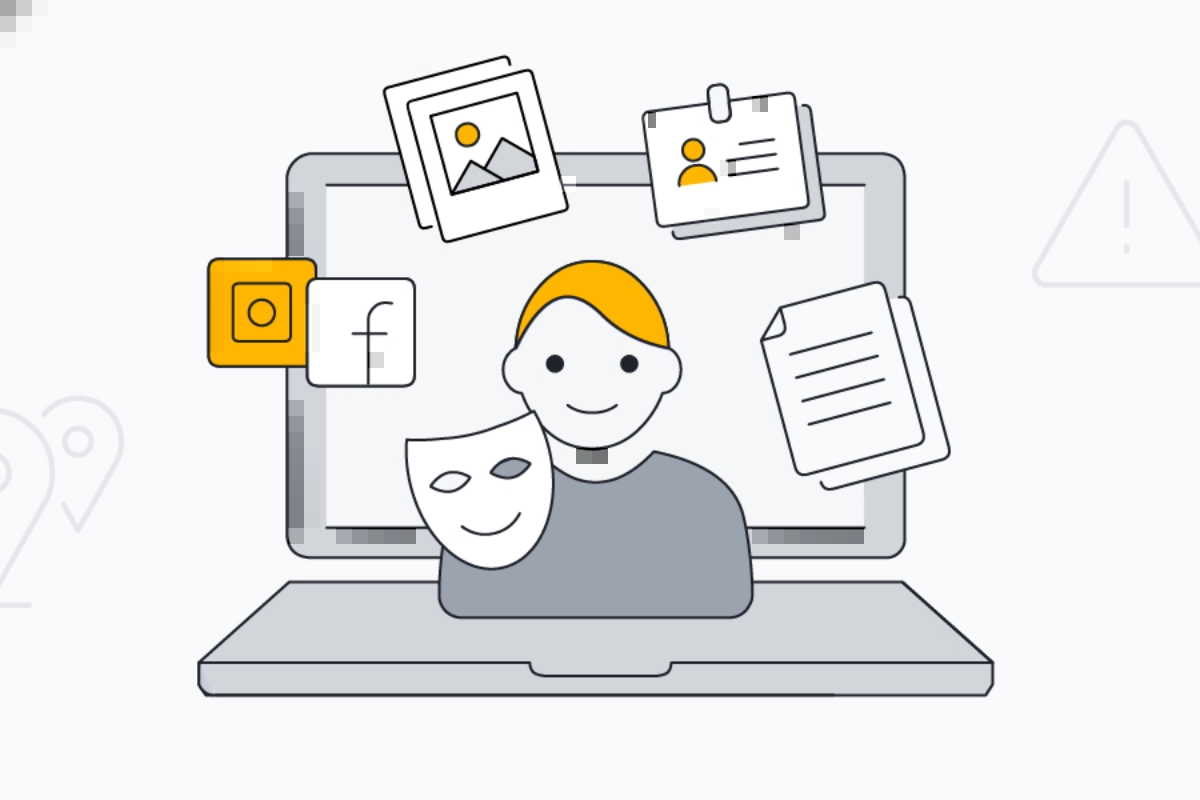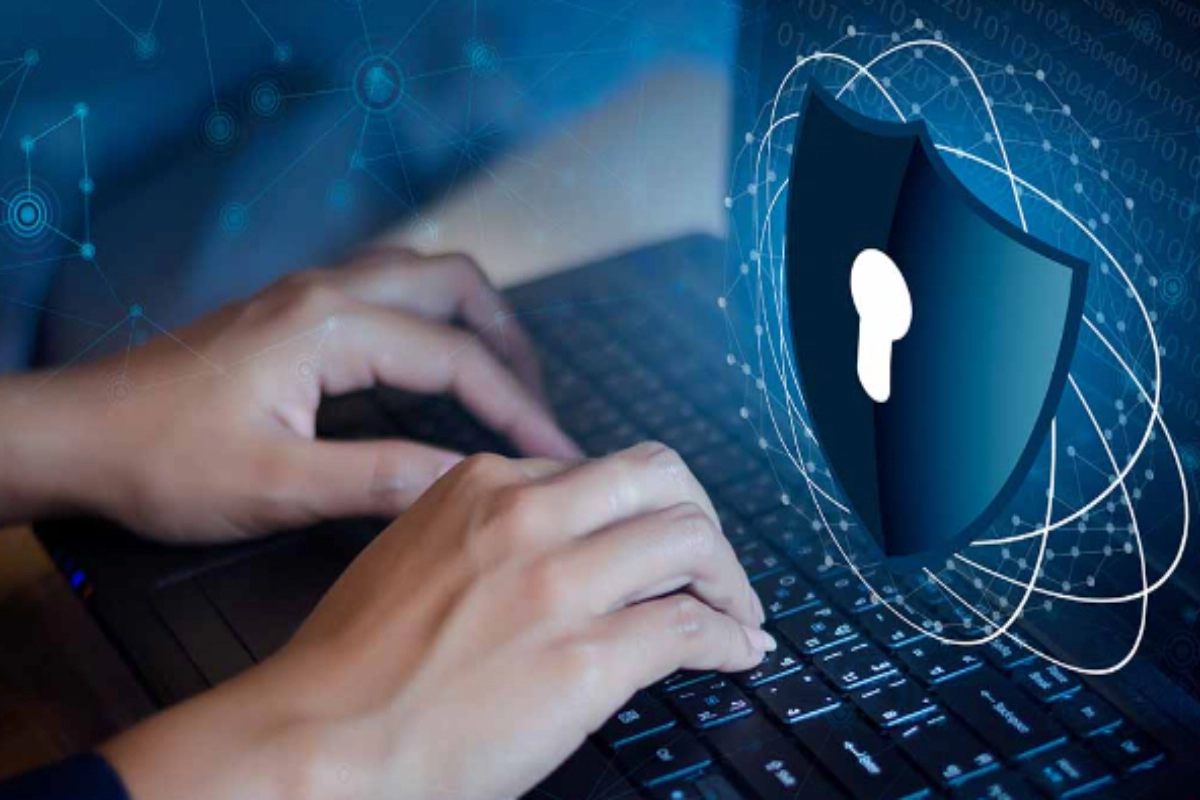Doxxing: Doxxing is the act of posting private, sensitive information online. Hackers “dox” someone in an attempt to intimidate, harass, or exact retribution. The term “doxing docs” comes from this practice. In this article, we will tell you all about Doxxing and how to be safe.
What is Doxxing?
The practice of disclosing a person’s personal information online is known as “doxing” or doxxing. A type of cyberbullying known as “doxxing” is when someone’s real name, address, employment, or other personally identifiable information is made public without the victim’s permission. To degrade, intimidate, harass, or injure a victim in any other way is the goal of doxxing.
Is it dangerous?
Because it treats users like objects and denies them the agency to choose what personal information they want to be shared with the public and in what quantities, doxxing is bad.
People are put at very real risk of physical threats and violence as a result of this, especially during heated public disagreements. Dicting someone is also detrimental to the digital environment, as it limits their freedom to engage in private or public discourse on social media.
How to stay safe?
Use a VPN
A virtual private network provides superior security against the disclosure of an individual’s IP address and physical address. Before sending the user’s internet traffic out to the public internet, the VPN encrypts it and routes it via one of the service’s servers. We listed a number of VPNs that take security and privacy very seriously in an earlier blog.
Limiting Personal Information Online
When someone refuses to share personal information online, it takes significantly more effort to dox them. Attackers may discover a great deal about their victims by answering the numerous intrusive inquiries that social media platforms frequently pose. Doxxers typically go on to someone else by completely keeping this material offline.
Ask Google to Remove the Information
An individual has the option to request that Google erase any personal information that comes up in search results. With an online form, Google streamlines this process. This kind of data is often posted online by data brokers, mainly for criminal background checks or other types of information.
Practice Good Cybersecurity Practices
Install malware and antivirus software to prevent a doxxer from using nefarious apps to steal data. Update your software often to stay ahead of security flaws that could allow you to be hacked and doxxed. To reduce security risks, upgrade to a newer version of the operating system when the one you’re using reaches the end of its supported life.
Keep watching our YouTube Channel ‘DNP INDIA’. Also, please subscribe and follow us on FACEBOOK, INSTAGRAM, and TWITTER.










